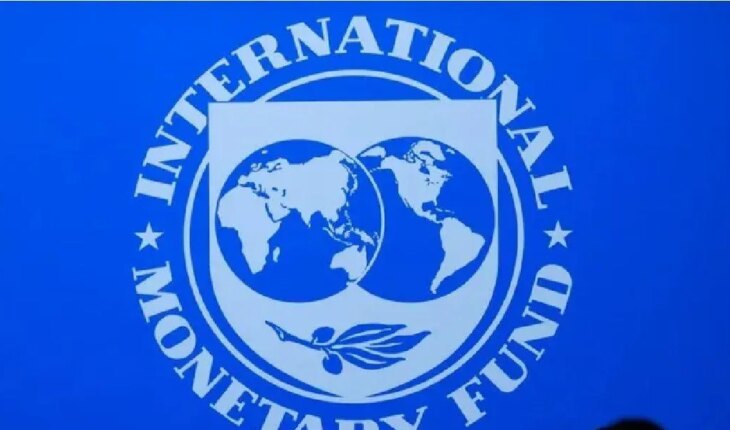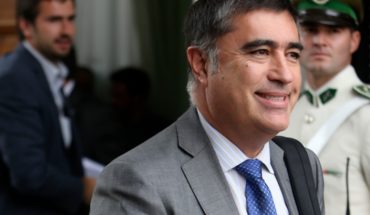The board of directors of the International Monetary Fund (IMF) approved a 50% increase in the amount of quotas due to each member country. This decision by the international body will have an impact on the size of the loans it can grant. In the case of Argentina, it will impact the amount of interest surcharges you pay for the current loan, which is well above the quota that corresponds to you. IMF Managing Director Kristalina Georgieva said: “Concluding the 16th Review with a quota increase will help preserve a strong, quota-based, and adequately resourced IMF at the heart of the Global Financial Safety Net. An adequately resourced IMF is essential to safeguard global financial stability and respond to the potential needs of its members in an uncertain and shock-prone world.” The organization reported that the proposal approved by the board of directors would imply an increase in the quotas of each country of 50% over the current quotas assigned to each member. “Increasing quotas would enhance the IMF’s permanent resources and strengthen the quota-based nature of the Fund by reducing dependence on debt and thus ensuring the leading role of quotas in the Fund’s resources,” they said. “The proposal envisages that once the quota increases take effect, the borrowed resources comprising the Bilateral Loan Agreements and the New Loan Arrangements (NABs) would be reduced to maintain the Fund’s current lending capacity,” the IMF said. The board asked the Board of Governors to vote on this proposal by Dec. 15. As they specified, approval by the Board of Governors requires a majority of 85 percent of the total voting power. Meanwhile, Argentina has a quota of 3,187.3 million Special Drawing Rights (SDRs), which correspond, at today’s exchange rates, to just under USD 4,200 million. With a 50% increase in its quota, it would thus have the right to funding access from the agency for USD 6,300 million without exceeding its quota. However, the current programme between Argentina and the IMF far exceeds its quota quota, in the current quota amounts and also in the case of this 50 per cent increase. For this reason, the Argentine case falls within the regime of exceptional access to funds, which has stricter application criteria than the traditional ones.
IMF Increases Quotas for Member Countries
November 8, 2023 |





